by Cait Winston
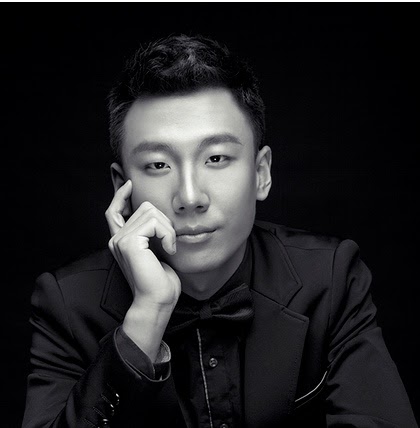
Li showed thrilling virtuosity in Chopin’s Etude in F, Op. 10 No. 8, flying up and down the keys with both agility and clarity, and using his flawless technique to fluidly shift the mood of the piece from excited to intense.
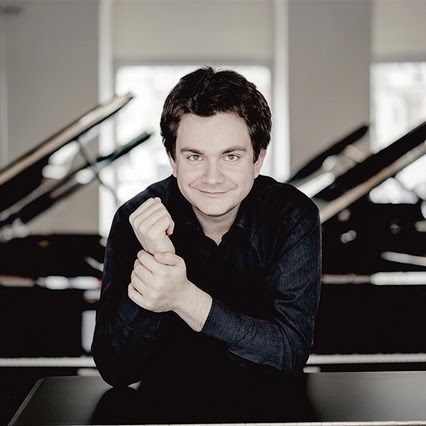
In Samuel Feinberg’s transcription of the Scherzo from Tchaikovsky’s Symphony No. 6, Lopatynskyi was able to bring out strong melodic material from dense textures, and balanced the piece’s wild, excited energy with steadfast control.
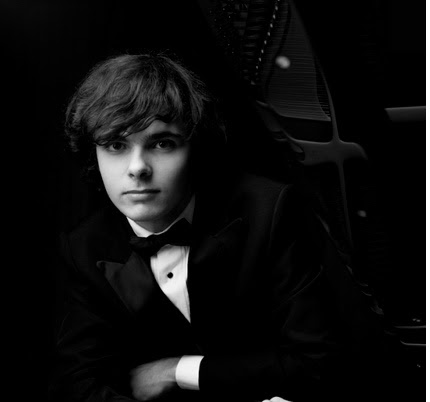
In an explosive performance of Rachmaninoff’s Étude-tableaux in E-flat minor, the pianist showcased his impressive technique and thoughtful musicianship through high-speed passages and flexible, emotionally engaging phrasing. The fiery energy was maintained in Prokofiev’s Sonata No. 3 in a, where he kept masterful control over fierce, running material.
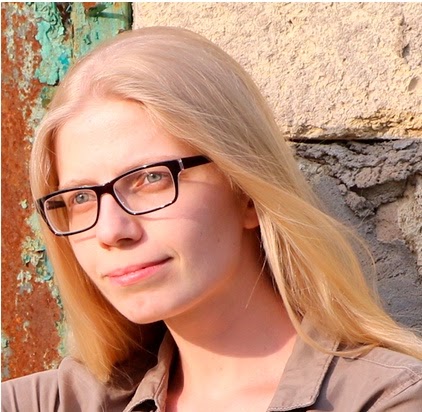
Andreeva had a triumphant finish with Bartók’s Etude, Op. 18 No. 3, where she travelled through complex, layered melodic lines with magnificent power and control.
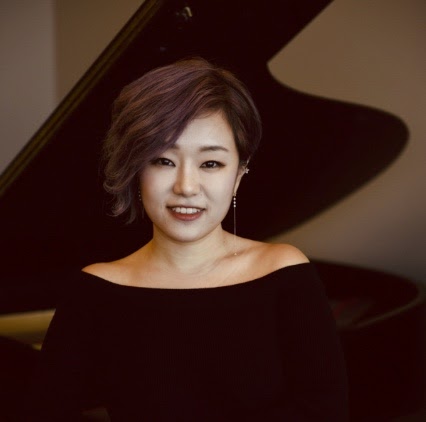
Chopin’s Etude in G-sharp minor was brooding and intense. Kim expertly controlled the dynamics and tempos of wild ascending and descending passages, showing her musicality as she contrasted tight harmonies with beautiful moments of consonance. Her set ended with Granados’ Los Requiebros, where her acute technical skills and attention to melody brought out a variety of emotions.
Published on ClevelandClassical.com July 12, 2021.
Click here for a printable copy of this article



